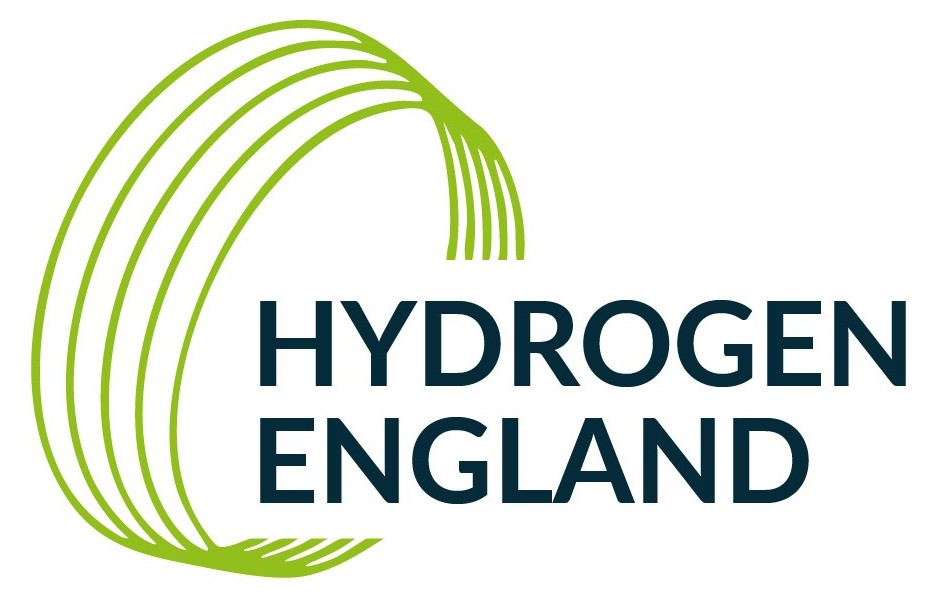




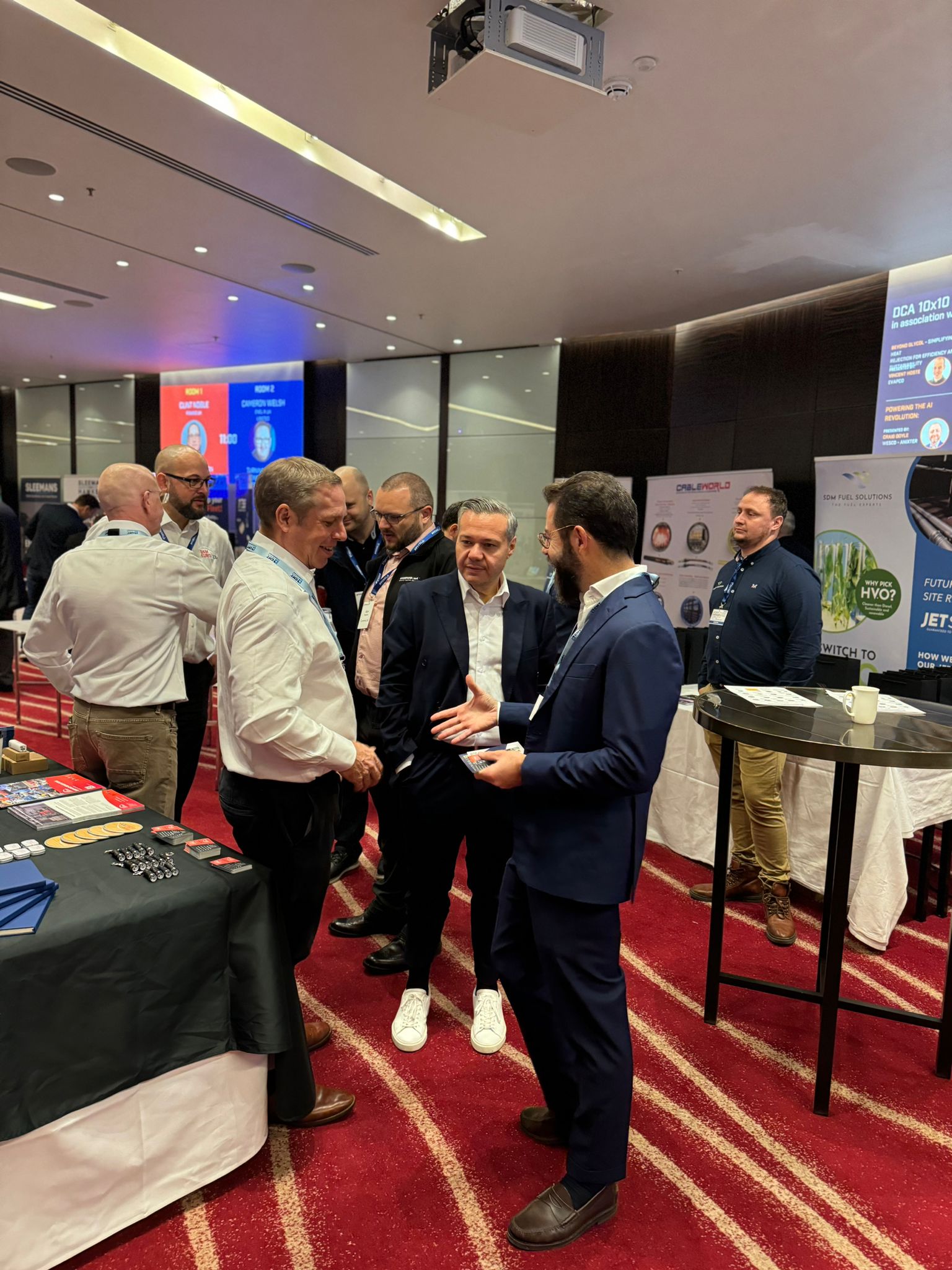
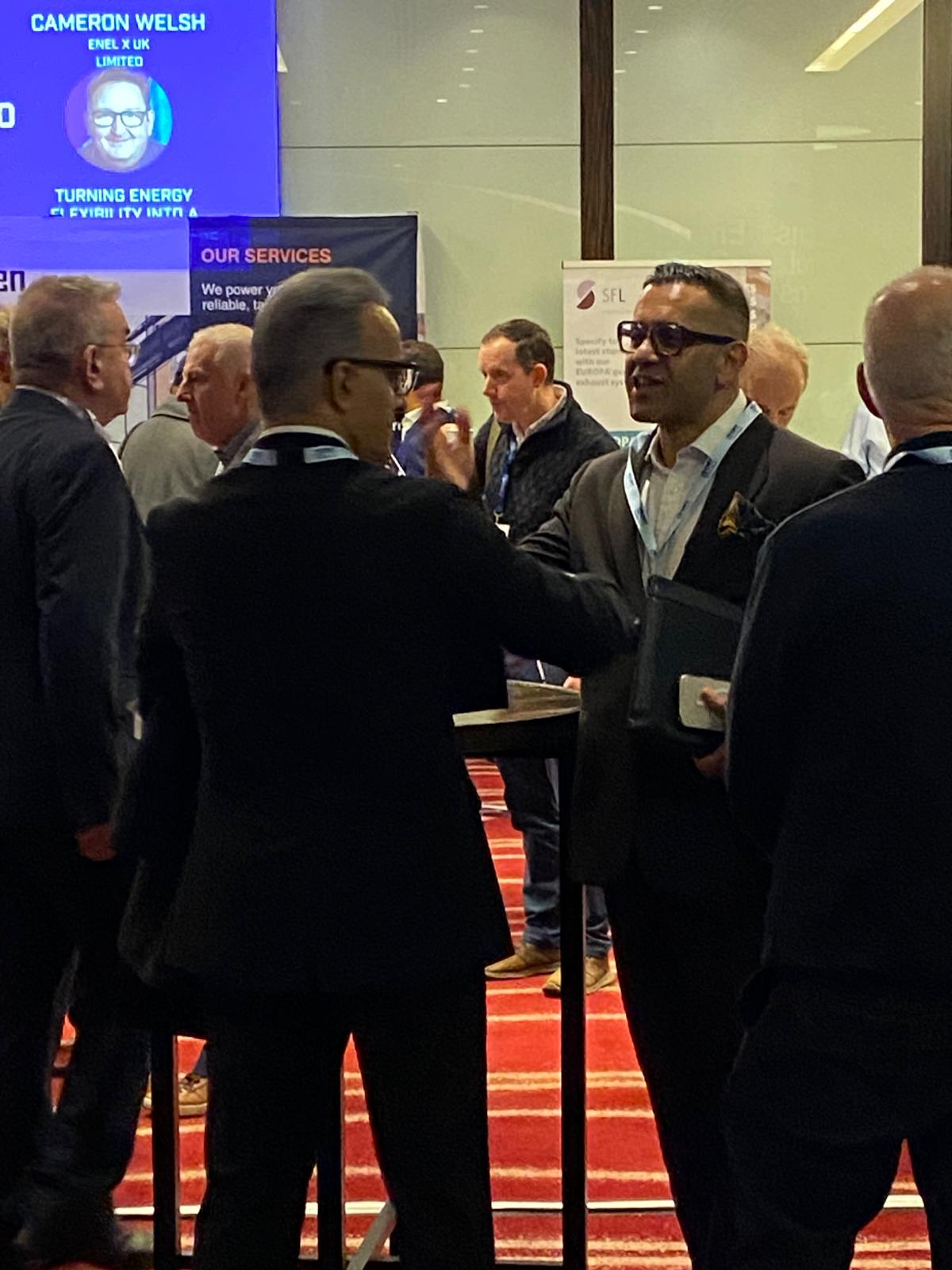
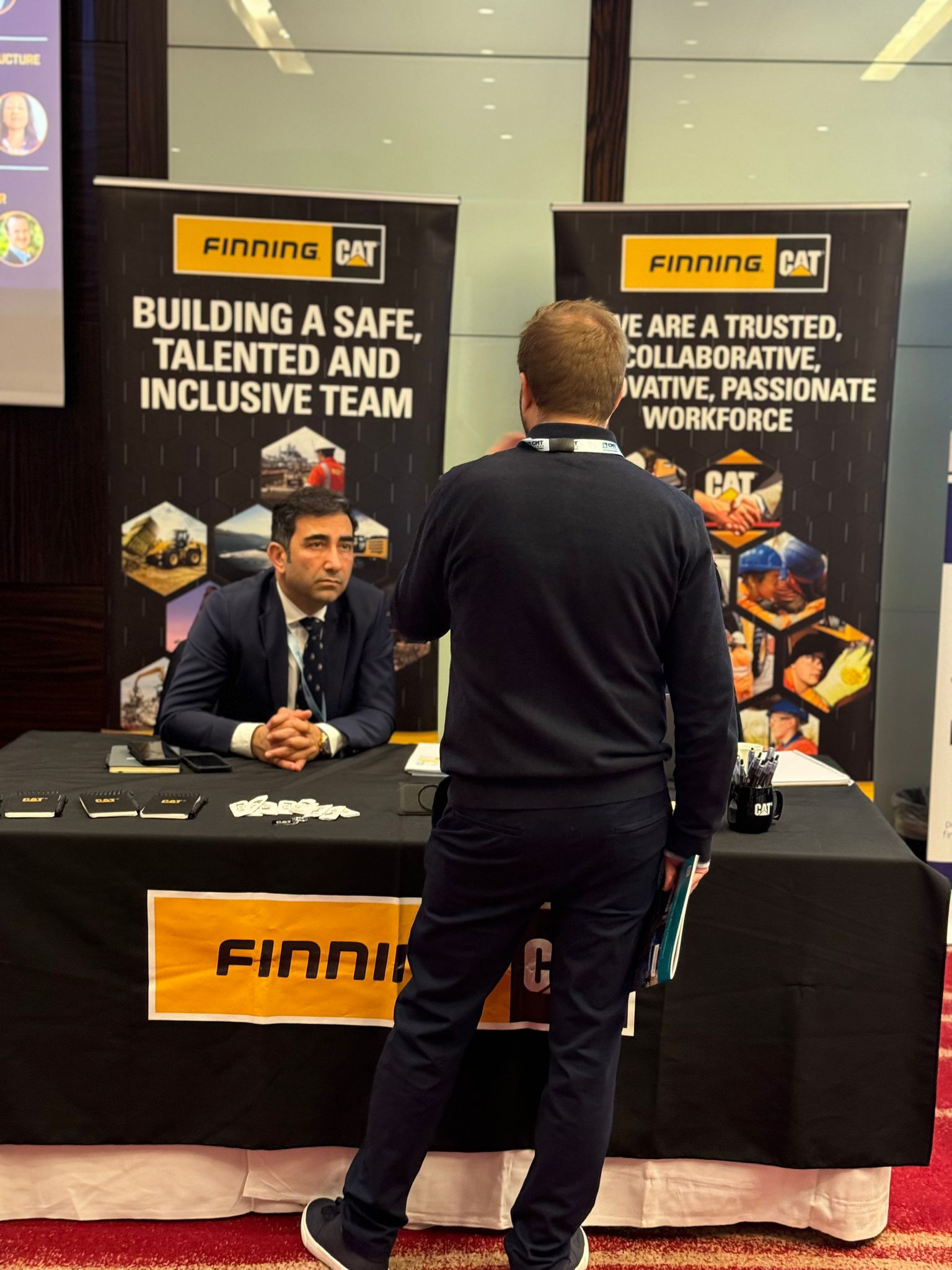
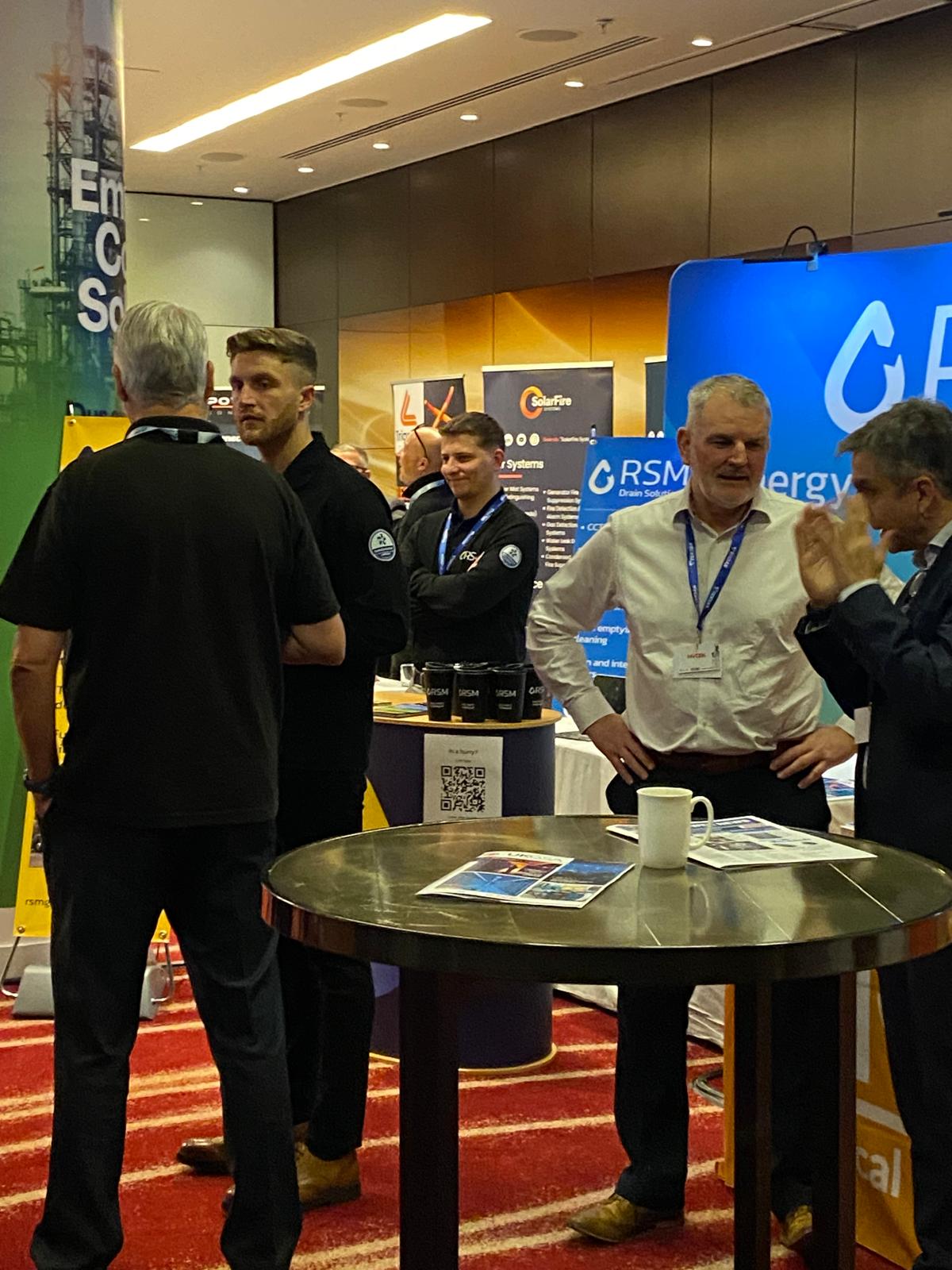
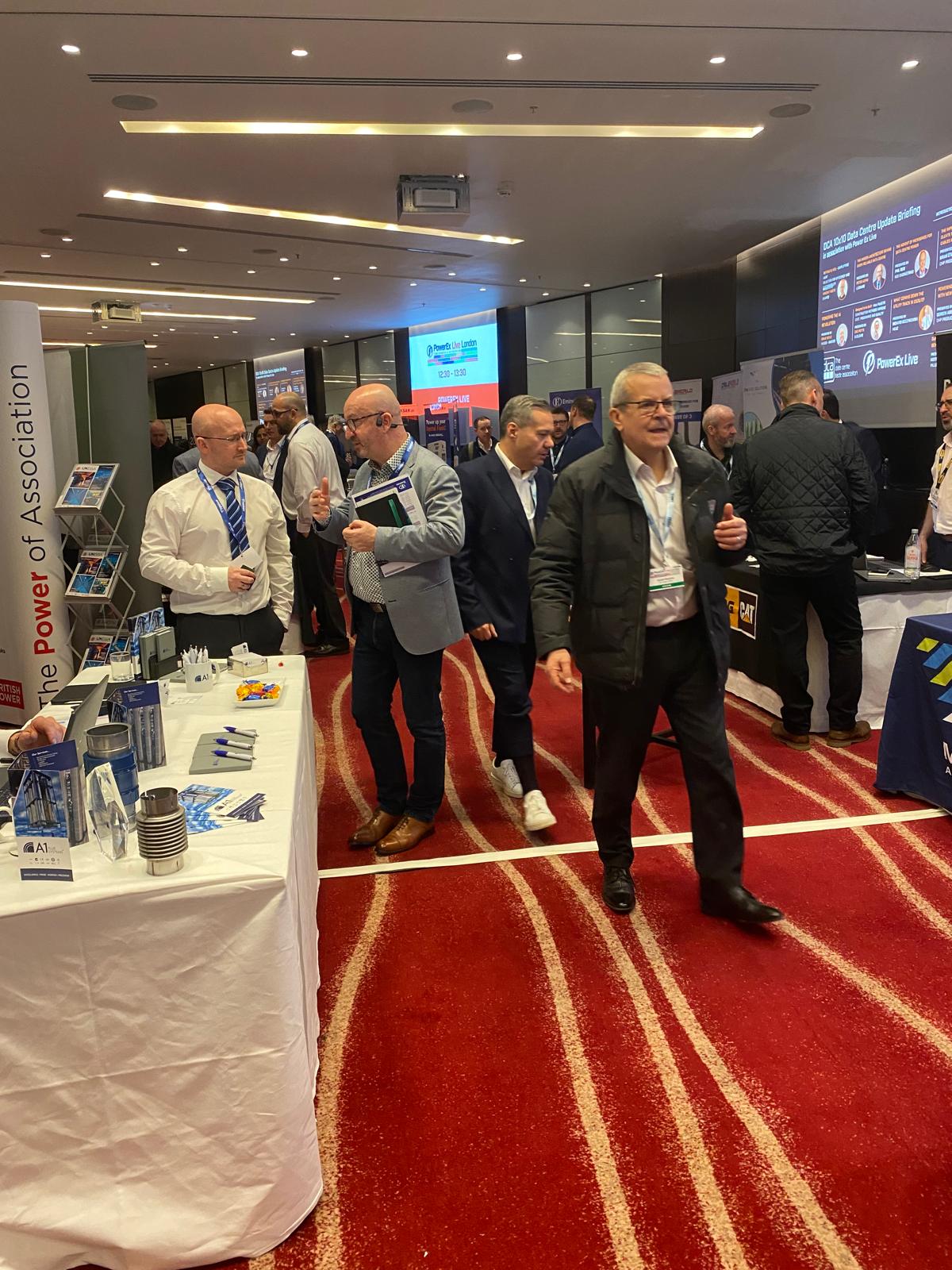
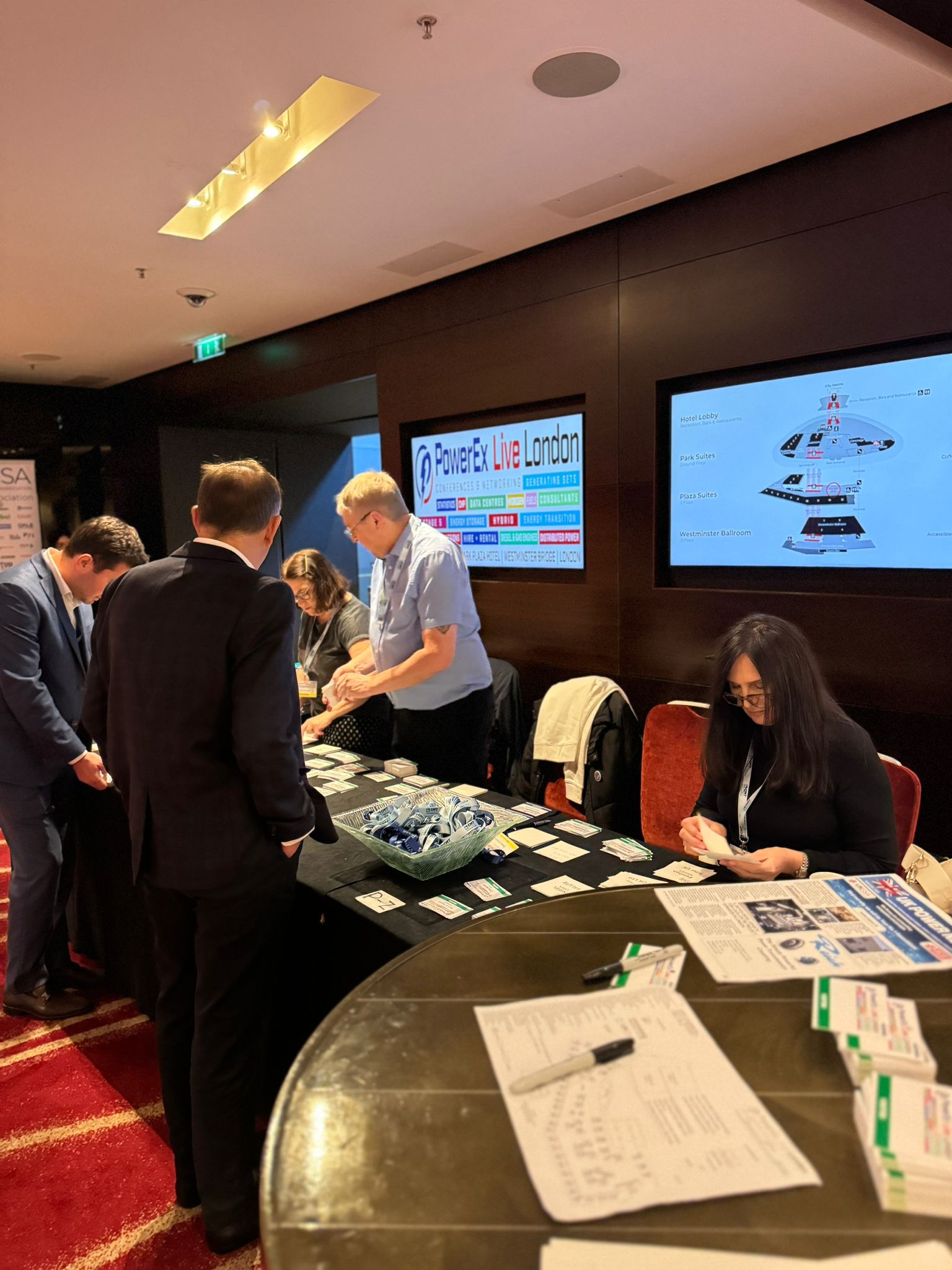

“We had a great day at PowerEx Live 2025 with our partner Inpro Group. It was a fantastic opportunity to connect with new and familiar faces to discuss the critical power sector and showcase out latest solutions.”

“The Data Centre Alliance 10x10 and PowerEx Live 2025 + a fabulous boat party at Westminster were exactly the right way to end a rich year of data center events.”

"PowerEx Live 2025 offered valuable interactions with customers and productive meetings with industry professionals."
FIRE SUPPRESSION TECH. FOR POWER EQUIPMENT / STORAGE ENCLOSURES
HOW MUCH HEAT DO WE REALLY NEED?
REGULATORY AND TECHNOLOGICAL CHANGES
HEATING UK BUILDINGS BY 2050
DIESEL & GAS MARKET OUTLOOK | CHALLENGES & OPPORTUNITIES OF THE GENSET INDUSTRY
THE UK’S HYDROGEN FUTURE
OVERVIEW OF THE NRMM RETROFIT STANDARDS
A 100% RENEWABLE UK WITH A FOCUS ON HEAT
HOW TO FUTURE PROOF YOUR POWER GENERATION SYSTEMS
ENERGY RECOVERY AND STORAGE
AN ENGINE FOR A WIDE RANGE OF POOR QUALITY AND VARIABLE-PROPERTY FUELS
THE FUTURE OF CHP
Sponsoring PowerEx Live will allow YOUR brand to become associated with a relevant, prestigious and exclusive event within the GENSET & CHP industries.
see sponsor options1. Download the Floorplan below
2. Fill in Name, Email and Table Top No.
3. Submit your booking form
PowerEx Live aims to offer the perfect networking opportunities for professionals across CHP, Genset, Data Centre and Consultancy markets.
London Location: Park Plaza, 200 Westminster Bridge Road, London SE1 7UT


.jpg)

.png)








